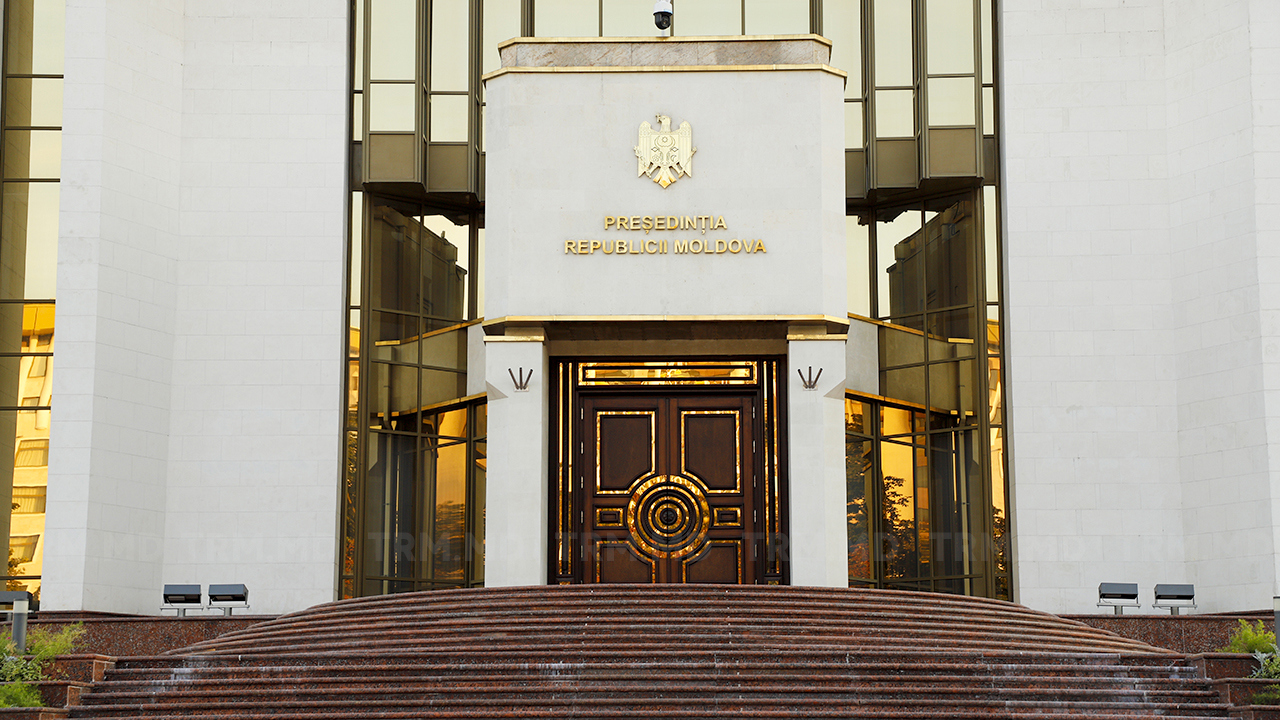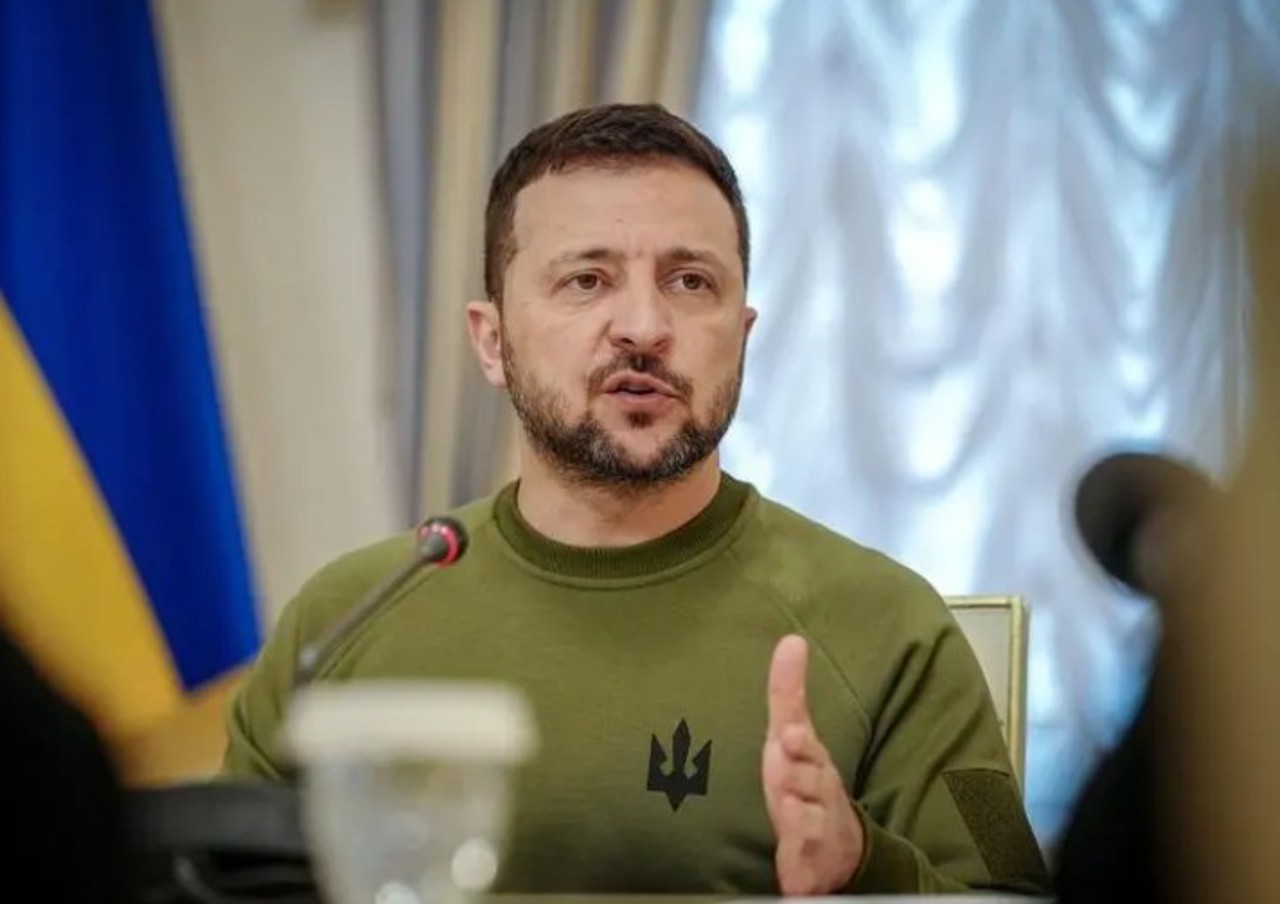Maia Sandu convened the Supreme Security Council. The President requested changes at the Anticorruption Prosecutor's Office
President Maia Sandu convened the Supreme Security Council (CSS) this morning to address the issue of political corruption and to identify solutions aimed at boosting measures to combat this problem, as announced by the presidential institution.

President Maia Sandu convened the Supreme Security Council to address urgent measures against electoral bribery
During the meeting, she called on political parties for consultations aimed at tackling this pressing issue.
On Thursday, President Sandu plans to engage in discussions with representatives from various political parties to deliberate on strategies to combat political bribery. She emphasized that this issue affects multiple candidates and parties rather than just a single entity.
"What occurred during these elections and the referendum has impacted several candidates and political parties due to vote buying. We want the citizens of the Republic of Moldova to determine who should lead the country, not the corrupt money that comes from one side or another," stated Maia Sandu.
The discussions will encompass both government proposals and initiatives from political parties, to identify quick and effective measures to address this "dangerous phenomenon" that threatens the democracy and security of the Republic of Moldova.
President Sandu expressed the need for changes at the Anticorruption Prosecutor's Office
She noted, "The changes we implemented at the Anti-Corruption Prosecutor's Office have not produced the desired results. The Supreme Security Council suggested that the Government present a new proposal to solve the situation. We noticed a total failure in its fight against both major and political corruption."
Additionally, the President highlighted the importance of finalizing the Law on establishing the Anti-Corruption Court. This institution aims to specifically address significant corruption cases, including political bribery. Public consultations in Parliament regarding this law are scheduled for later this week to ensure transparent and efficient processes in establishing a robust Anti-Corruption Court.
Lastly, President Sandu reiterated the necessity of completing the external evaluation of judges, despite the resistance encountered throughout this process. "We need institutions where honest and principled individuals can be found. Some corrupt judges have already been removed from the system, and it is crucial to continue this effort," she concluded.





